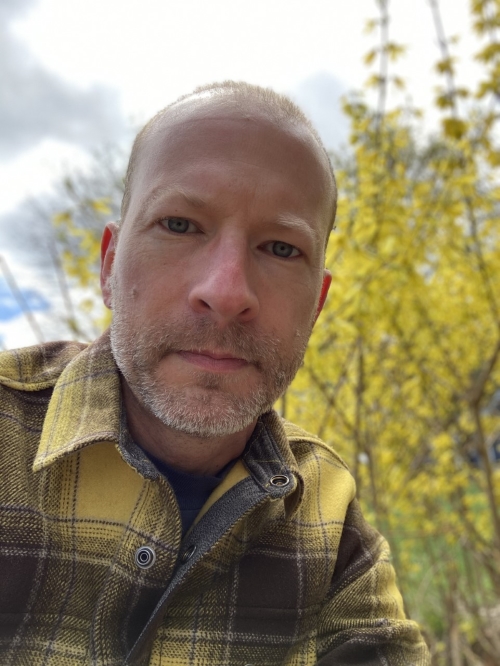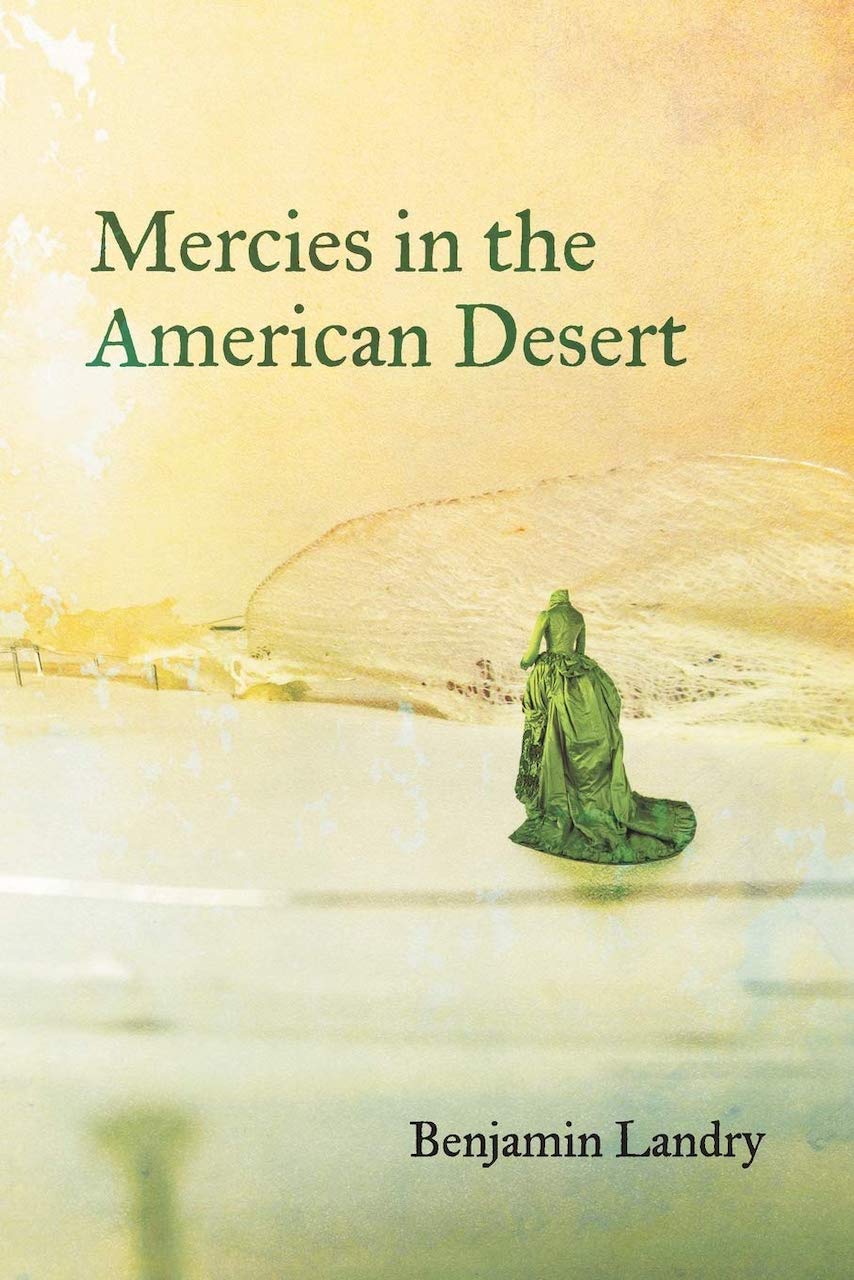iSay we have not seen rainin so many months.Deep in the woods,there is a tire half sunk in weedswith enough spring melt in the wellto fill the hemlocks with mosquito-drone.iiI was correcting papers on the back porchand simultaneously turning overthe folly of naming an unborn child. A fox,meanwhile, crept out to preen on Discovery Rock.Maybe he was actually lame in one forepaw.Maybe he was playing for sympathy.iiiWhen we came in from the terrible wildsof not knowing each other,you told me to keep my voice downand laughed at my clumsiness.Then, you reached to help mewith the clasp.
Mercies in the American Desart
Benjamin Landry
-For Sara“[…T]he Christians who were driven into the American Desart, which is now called New England, have to their sorrow seen Azazel dwelling and raging there in very Tragical Instances.”—Cotton Mather. “The History of New-England.” Magnalia Christi Americana.
Feature Date
- July 14, 2021
Series
Selected By
Share This Poem
Print This Poem
“Mercies in the American Desart” from MERCIES IN THE AMERICAN DESERT: by Benjamin Landry.
Published by LSU Press March 10th, 2021.
Copyright © 2021 by Benjamin Landry.
All rights reserved.
Reproduced by Poetry Daily with permission.

Benjamin Landry is the author of Mercies in the American Desert (LSU), Burn Lyrics (Spuyten Duyvil) and Particle and Wave (Chicago). He received the Mina Shaughnessy Scholarship in Writing from the Bread Loaf School of English, where he earned his MA in English; and the Meijer Post-MFA Fellowship from the University of Michigan, where he earned his MFA in poetry. He has been nominated twice for a Pushcart Prize and received an Ohio Arts Council Individual Excellence Award for his poetry, which has appeared in venues such as The Kenyon Review, The New Yorker and Ploughshares. He teaches creative writing and is the guest poetry editor for Saranac Review.

Baton Rouge, Louisiana
Louisiana State University
"With acute attention to the rights and rites of the non-human world, Landry explores and refines the notion of accountability in sharply insightful yet openly compassionate poems. How love can work within, between, and among us to constantly enlarge the meaning of us is a central question that drives the work, and he trains that question with invariable accuracy equally on the shreds left behind by human error and on the surprising persistence of the varied lifeforms that thrive among them."
—Cole Swensen, author of Gravesend
"The speaker of these thoughtful, accomplished poems raises complex moral questions, bears witness. The most haunting poems detail human diminution: ‘It used to come naturally; now, we wait to have a human feeling.’ Mercies like beauty and love appear only to disappear, and the American desire for transcendence remains, but in tatters. Poems we need to read again and again."
—Martha Ronk, author of Silences
Poetry Daily Depends on You
With your support, we make reading the best contemporary poetry a treasured daily experience. Consider a contribution today.



